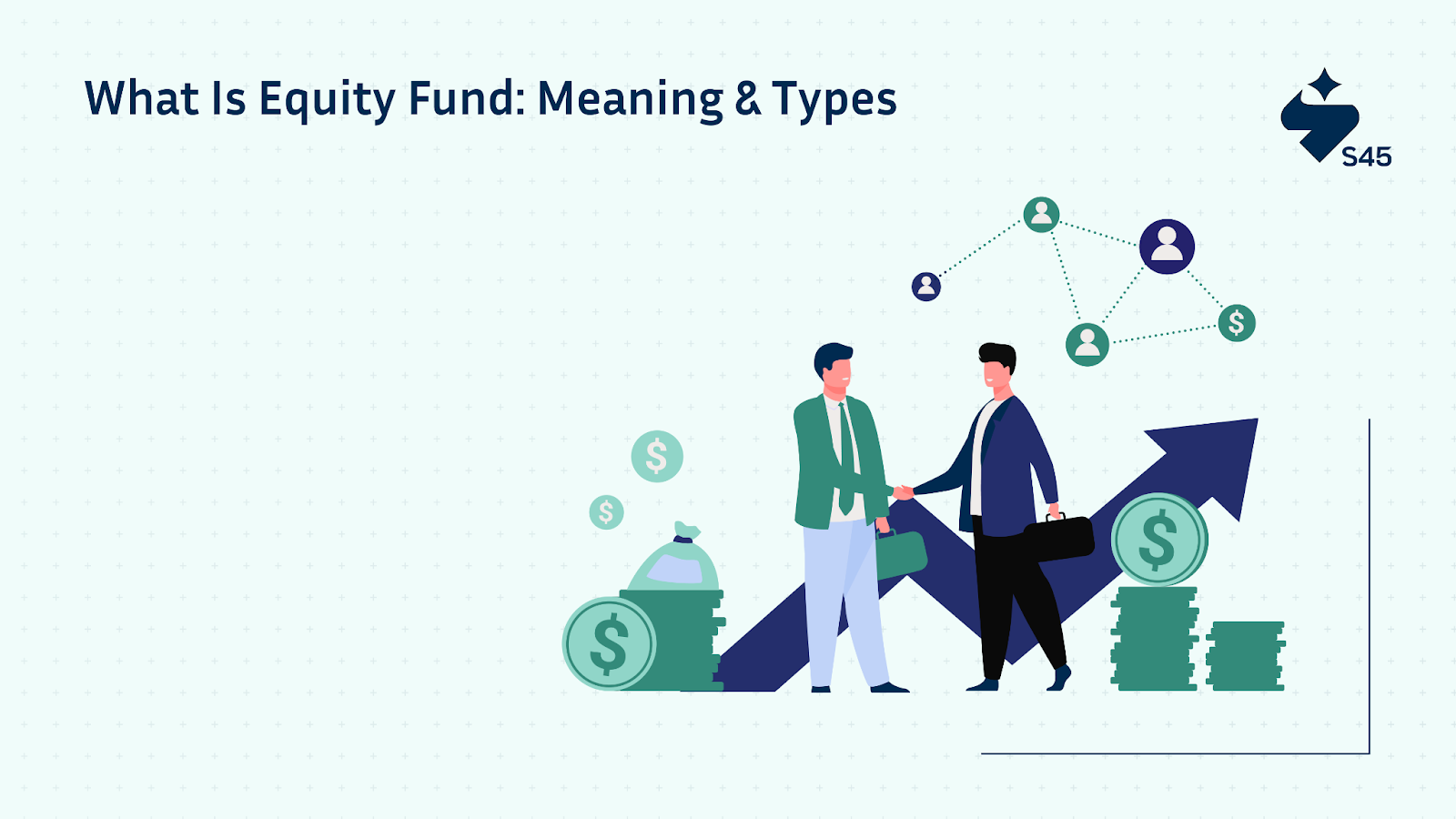
Key Takeaways:
- A Business Advisory Council (BAC) offers strategic advice and operational support, helping businesses navigate challenges and seize growth opportunities.
- BACs assist with smart market entry, governance, risk management, and scaling, offering both short-term and long-term guidance.
- They provide access to exclusive networks, partnerships, and investors that can accelerate growth and open new business avenues.
- BACs bring sector-specific insights, helping businesses overcome industry-specific hurdles with expert knowledge.
- They enhance governance by ensuring strategies align with ethical standards, regulations, and long-term goals.
Startups and emerging businesses often need extra guidance to make smart decisions and grow effectively. About 29% of advisory boards are found in this sector, where they bring in valuable insights on things like market trends, risk management, and overall strategy.
Advisory boards help businesses make better decisions, improve operations, and stay focused on long-term goals, without the cost of hiring full-time experts.
This blog will explore the key benefits of having an advisory board, how it can add value to your business, and why it's an essential tool for growth and success.
What is a Business Advisory Council (BAC)?
A Business Advisory Council (BAC) is a group of external experts who provide non-binding strategic advice to an organization. Composed of entrepreneurs, industry professionals, and sector specialists, BACs offer valuable insights to help guide key business decisions.
Originally used by educational institutions to bridge the gap between academia and industry, BACs now serve a wide range of businesses, from startups to large enterprises, helping them stay competitive and aligned with market demands.
Key Functions of a Business Advisory Council

A Business Advisory Council (BAC) plays a vital role in helping businesses navigate various strategic, operational, and financial challenges. Here’s how they can add value:
1. Providing Strategic Advice and Insights
BACs are great at offering fresh perspectives on strategic challenges. Their members bring years of experience and expertise, which can help businesses identify new opportunities and potential threats.
They keep an eye on market trends and shifts, providing advice that keeps the business ahead of the curve.
Example: A company thinking about expanding internationally can lean on BAC members with global market experience. They can provide insights into regulatory requirements and help with crafting entry strategies.
2. Supporting Sustainable Business Growth
BACs aren’t just about strategic advice, they also help businesses design plans for growth that are sustainable and scalable. They help businesses innovate, whether that means developing new products, entering new markets, or exploring new revenue streams.
Example: A growing small business might work with its BAC to find ways to scale production while maintaining quality and customer satisfaction. The council’s input can guide the business through the growing pains of expansion.
3. Facilitating Networking and Partnerships
BAC members come with strong networks that can be a game-changer for businesses. They can connect companies with potential investors, partners, and customers, opening doors that would otherwise be hard to access.
Example: A company looking to raise capital might turn to its BAC, which can introduce it to potential investors who align with the company’s growth goals.
4. Offering Sector-Specific Guidance and Expertise
One of the biggest advantages of a BAC is its ability to offer tailored, sector-specific advice. With members who have deep industry knowledge, BACs help businesses implement best practices and overcome industry-specific challenges.
Example: A tech startup may turn to its BAC for advice on scaling product development or managing intellectual property. The council’s deep industry insight can help the company navigate these specific hurdles.
5. Enhancing Governance and Oversight
BACs contribute to stronger corporate governance by providing external oversight. While they don’t make decisions, their feedback ensures that business strategies align with ethical standards, regulations, and long-term goals.
Example: A company might ask its BAC to review its compliance with industry regulations, ensuring that its strategies remain legal and ethical, and help avoid potential liabilities.
Just like a business advisory council guides strategic decisions, s45club helps you time your funding and access high-quality opportunities, ensuring your business is built for long-term success.
Why Companies Should Have Business Advisory Councils
A Business Advisory Council (BAC) can bring invaluable benefits to a company, helping it stay focused, grow strategically, and build credibility. Here's why businesses should consider having one:
1. Gain a New Perspective on Your Business
A BAC forces entrepreneurs to step back and assess their company’s overall direction. Preparing for meetings encourages critical thinking about long-term goals and strategy, offering fresh perspectives on growth.
For example, Toyota Motor Corporation established its International Advisory Board in 1996 to better align its operations with global economic and social changes.
This external input helped Toyota rethink its strategy for the 21st century and adapt to emerging challenges like energy management and environmental concerns.
2. Enhance Credibility
Having respected industry leaders on your BAC can definitely help with an organization’s reputation. It signals to investors, partners, and financial institutions that your company is serious about long-term success, and reassures lenders that you have experienced advisors guiding your decisions.
3. Cost-Effective Guidance
BACs provide high-level expertise at a fraction of the cost of permanent hires or consultants. Many businesses offer minimal compensation, like a nominal honorarium or a meal, making it an affordable way to get expert advice.
4. Flexibility
BACs are generally adaptable. They can be adjusted as your business evolves, providing tailored advice and input on specific challenges without long-term commitments.
What is the Ideal Structure for a Business Advisory Council?

The structure of a Business Advisory Council (BAC) is key to its success. Selecting the right members and setting clear roles can significantly boost its effectiveness. Here’s how to do it:
1. Selecting Members
BAC members should bring diverse skills that align with the business’s goals. While industry-specific experience is valuable, it’s also important to include individuals with strategic thinking, financial expertise, and leadership skills.
For example, Toyota's 1996 International Advisory Board included figures like Dr. Manmohan Singh, former Prime Minister of India, and Dr. Paul Volcker, former Chairman of the U.S. Federal Reserve. Their insights on global trends and economics, even though they lacked direct automotive experience, were crucial for Toyota’s strategy.
2. Defining Roles and Responsibilities
Clearly defining each member’s role and expectations avoids confusion and keeps the council focused. Every member should understand their specific contributions to the business, ensuring the BAC operates smoothly and effectively.
3. Communication and Engagement
Communication is vital. Regular meetings and clear channels keep everyone aligned with the company’s goals. While virtual meetings work, occasional in-person interactions can help strengthen relationships and build trust among members.
4. Performance Evaluation
Regularly evaluating the BAC’s effectiveness helps assess its impact and identify areas for improvement. This ensures the council stays relevant and continues to add value as the business grows.
Challenges in Managing a Business Advisory Council
Managing a Business Advisory Council (BAC) comes with its challenges, including balancing diverse opinions, ensuring alignment with evolving business goals, and protecting sensitive information.
With 1.3 million advisors across 434,000 advisory boards worldwide, as noted in The Advisory Board Centre State of the Market Report, it's clear that the role of advisory councils is growing.
While a Business Advisory Council (BAC) can provide tremendous value, managing one effectively can present several challenges. Here’s how to address them:
1. Balancing Diverse Opinions
With a variety of backgrounds and expertise, conflicting opinions are inevitable. To manage this, establish clear decision-making processes and encourage constructive discussions.
Ensuring all voices are heard, with structured meetings, can turn differences into opportunities for better solutions.
2. Ensuring Alignment with Business Goals
As the business evolves, so should the BAC's focus. Regular communication and alignment workshops help ensure the council’s advice stays relevant and directly supports the company's changing goals.
Annual reviews of the council’s objectives can keep things on track.
3. Managing Confidentiality and Data Security
BACs handle sensitive business information, so protecting data is crucial. Secure communication platforms and clear confidentiality protocols should be in place.
Ensuring members understand the importance of data security helps minimize risks.
4. Maintaining Engagement and Motivation
Keeping members engaged requires regular recognition, clear responsibilities, and interesting projects.
Stay connected through regular updates and provide feedback to ensure they remain invested in the business's growth.
S45: Your Advisor for Strategic Capital Growth
S45 complements the role of a Business Advisory Council (BAC) by providing a modern approach to equity advisory, helping founders strategically raise capital for long-term growth. Here's how:
1. Smart Capital Timing: Like a BAC advising on strategic moves, S45 Club helps founders determine the best time to raise capital, ensuring it aligns with their growth cycle.
2. Investor-Ready Due Diligence: S45 Club evaluates your company’s fundamentals, governance, and valuation drivers, preparing you for investor scrutiny and making sure you’re always pitch-ready.
3. Exclusive Pre-IPO Opportunities: Offering access to late-stage deal flow, S45 Club connects founders with high-quality pre-IPO deals, similar to a BAC's role in opening networking doors.
4. Risk Clarity: Beyond return projections, S45 Club helps you assess the trade-offs of dilution, exit complexities, and liquidity timelines, ensuring well-informed decisions.
5. Long-Term Equity Strategy: S45 Club advises on ESOP liquidity, partial exits, and institutional capital, providing strategic equity guidance that extends beyond just the next funding round.
Conclusion
A Business Advisory Council (BAC) is an invaluable asset for businesses seeking strategic direction, operational efficiency, and strong governance.
Whether it’s providing insights into market trends, scaling operations, or ensuring compliance, the BAC’s role is crucial in steering a business toward sustained success.
S45 works similarly by offering targeted equity advisory, focusing on strategic capital raising and long-term value creation.
We help founders make smart funding decisions and gain access to exclusive opportunities, ensuring their growth trajectory aligns with both short- and long-term goals.
Frequently Asked Questions
Q: How does a Business Advisory Council help with governance?
A: A BAC provides external oversight, ensuring the company’s strategies adhere to legal regulations, ethical standards, and long-term objectives. They help identify governance gaps and recommend improvements to keep the business on track.
Q: Can a Business Advisory Council help my business expand internationally?
A: Yes, BAC members with global market experience can advise on international regulations, market entry strategies, and cultural nuances, helping businesses expand effectively into new regions.
Q: How is a Business Advisory Council different from a board of directors?
A: Unlike a board of directors, which has decision-making authority, a BAC provides non-binding advice, helping the business with strategic direction and expertise without overseeing day-to-day operations.
Q: How do I select the right members for my Business Advisory Council?
A: Choose individuals with diverse expertise that align with your business goals. Members should bring knowledge in areas like finance, industry-specific challenges, and strategic growth, ensuring a well-rounded council.
Q: Can a Business Advisory Council help with succession planning?
A: Yes, a BAC can assist in identifying and developing future leaders within your company, helping ensure smooth transitions and long-term business continuity by advising on succession planning strategies.


